In a recent ruling, the Karnataka Real Estate Regulatory Authority (KRERA) has mandated that developers are responsible for repairing any structural defects in a project for up to five years after the handover to the residents' association. This decision came after a flat buyer in Bengaluru complained that the developer failed to fix rainwater seepage in his apartment.
Experts have highlighted that many Bengaluru developers often neglect their responsibilities once a project is handed over to the housing association. This ruling clarifies the duration of a developer's accountability, ensuring they rectify any structural issues that arise within five years of handing over the project.
About The Case
Pankaj Singh, a resident of SNR Verity in Sarjapur, Bengaluru, moved into his apartment in 2022. Although the occupancy certificate was issued in 2020 and the sale deed executed in 2021, Singh faced severe water seepage issues. Despite informing the developer, SNR Square Pvt Ltd, the problem persisted, prompting Singh to file a complaint with KRERA.
KRERA in June 2024, ruled that developers must address any structural defects even after the formation of a residents' association, which typically assumes maintenance responsibilities. The regulatory authority emphasized that the developer's duty to rectify such defects extends for five years post-handover.
Broader Implications for Homebuyers
Dhananjaya Padmanabhachar, director of the Karnataka Home Buyers Forum, pointed out that according to the Real Estate (Regulation and Development) Act, 2016, developers must fix defects even after transferring common areas to the association. Chapter III Part 4(A) of the act states, "Provided that the responsibility of the promoter, concerning the structural defect shall continue even after the conveyance deed of all the apartments."
Despite this legal requirement, many developers continue to shirk their responsibilities before and after the conveyance of apartments. Padmanabhachar noted a recent complaint regarding the Sobha Arena project, where the developer refused to repair damage to the clubhouse following a fire incident, illustrating a common practice of developers avoiding repair duties.
Many homebuyers also report that developers often attempt to pass repair costs onto the associations, despite these costs being the builders' responsibility.
This KRERA ruling reinforces the legal obligations of developers to ensure the structural integrity of their projects for a significant period after handover, providing much-needed protection for homebuyers. By holding developers accountable, the ruling aims to improve the quality of housing and safeguard the interests of residents in Bengaluru and beyond.
Image source- thehindubusinessline.com

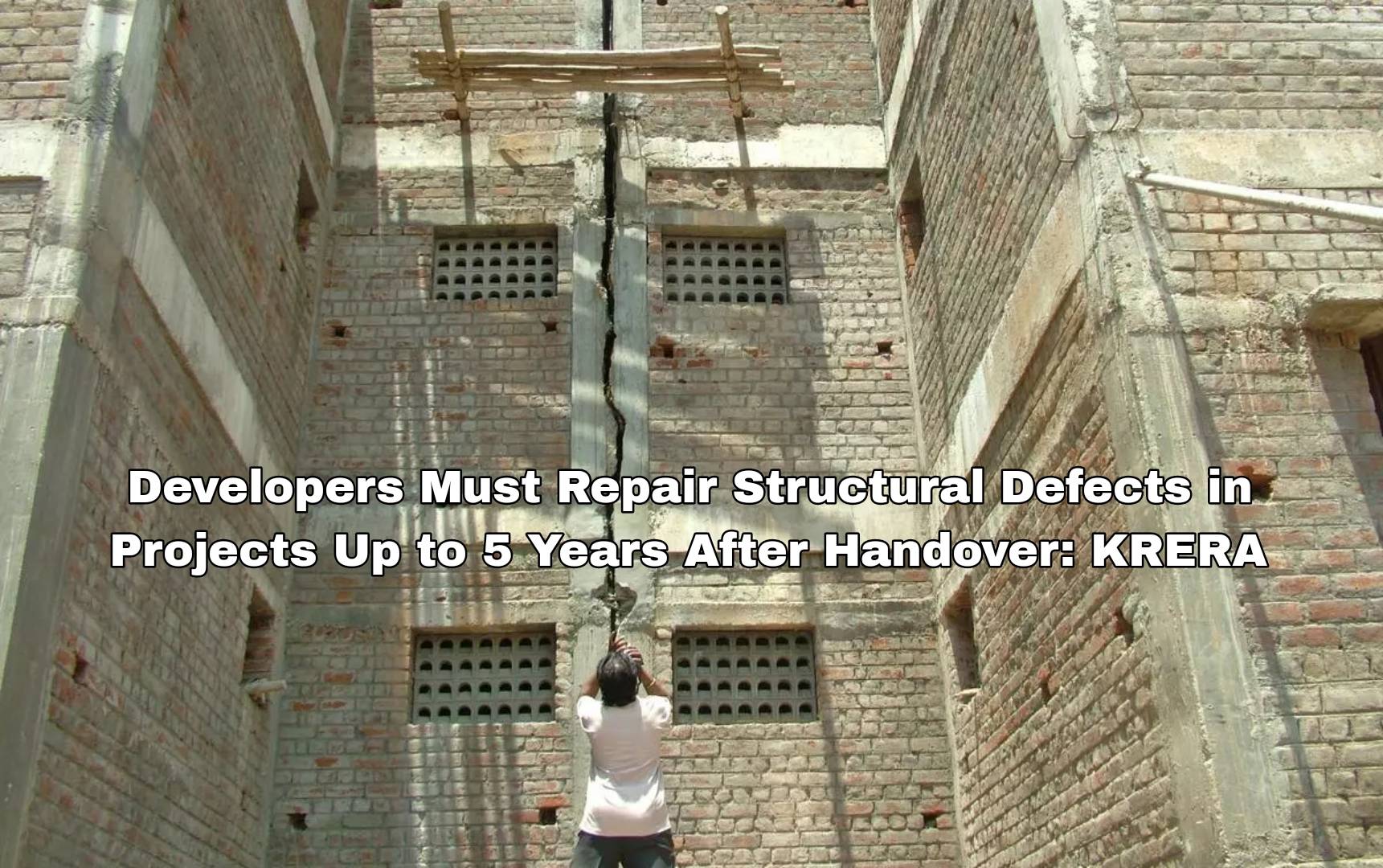
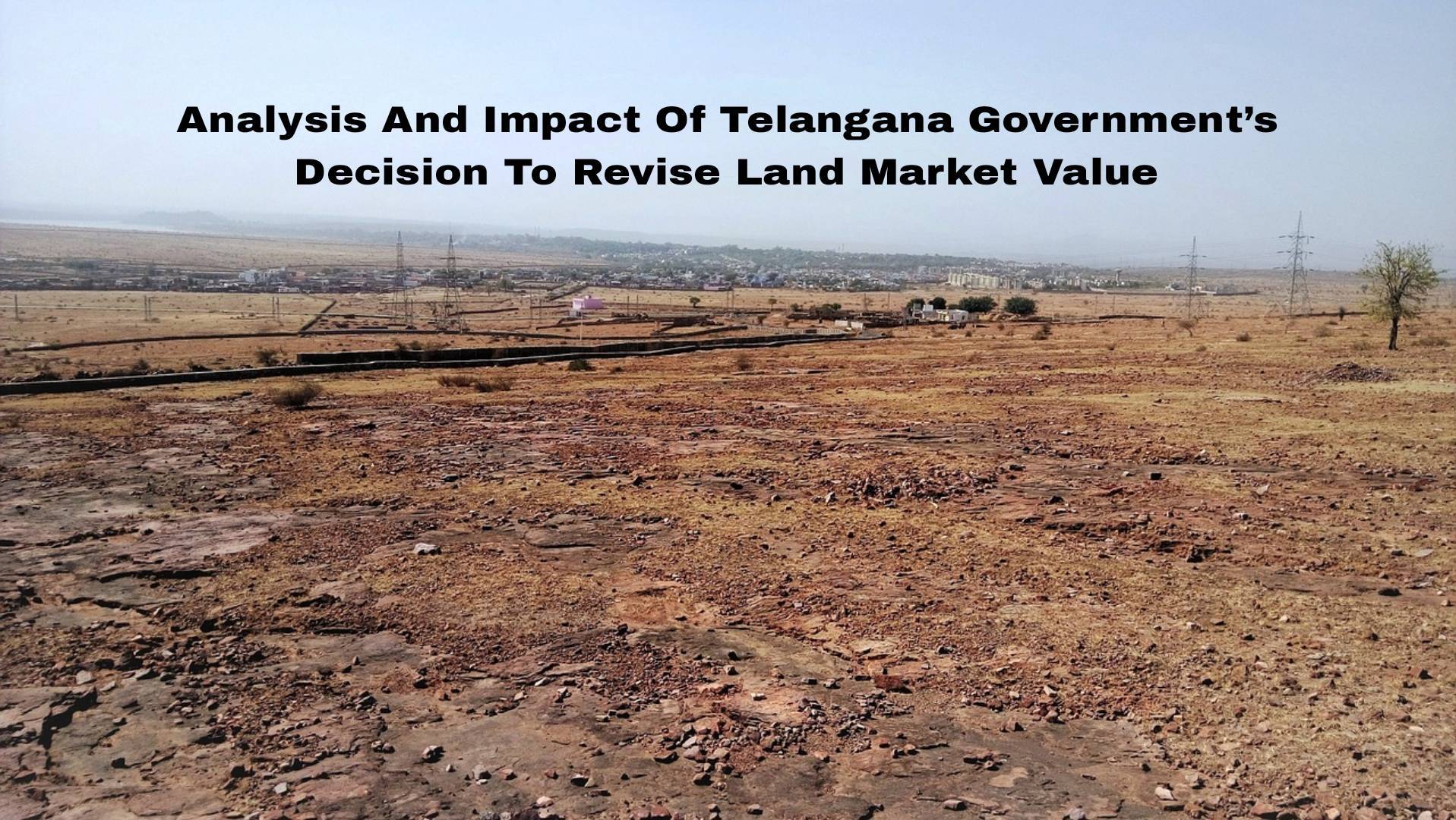
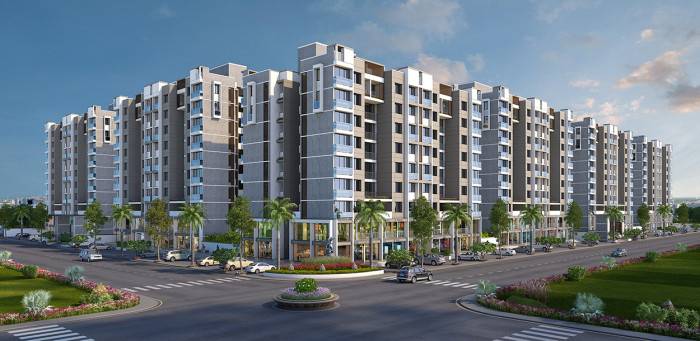
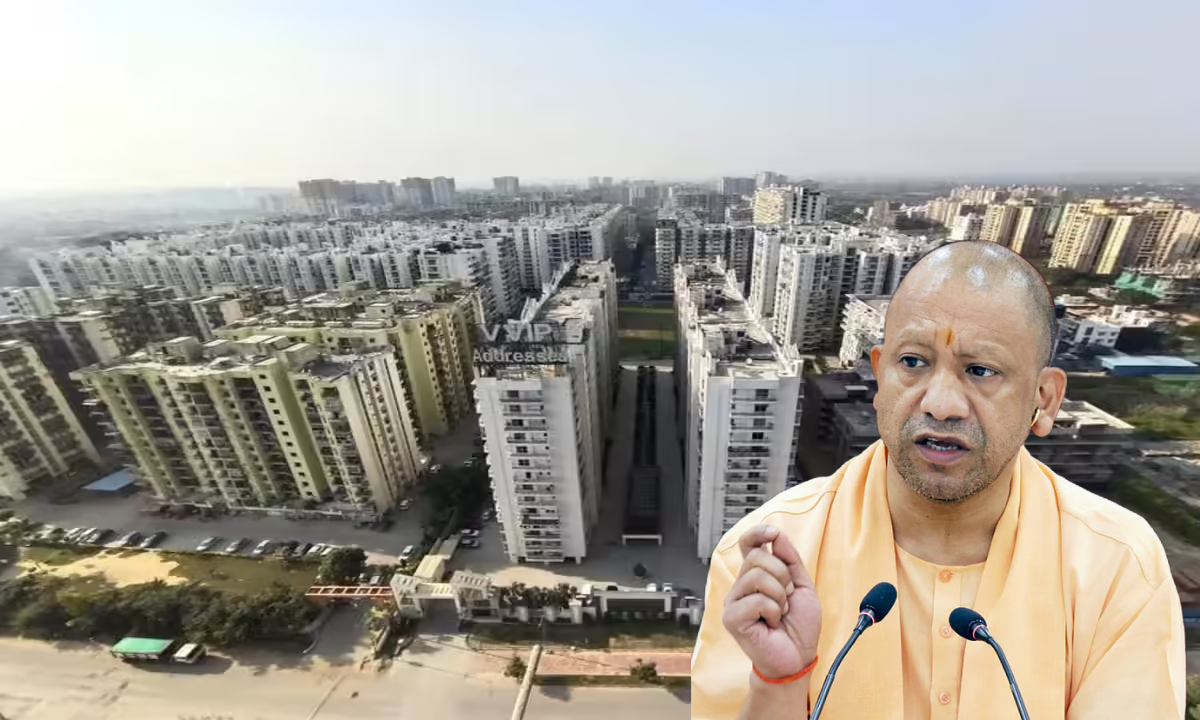


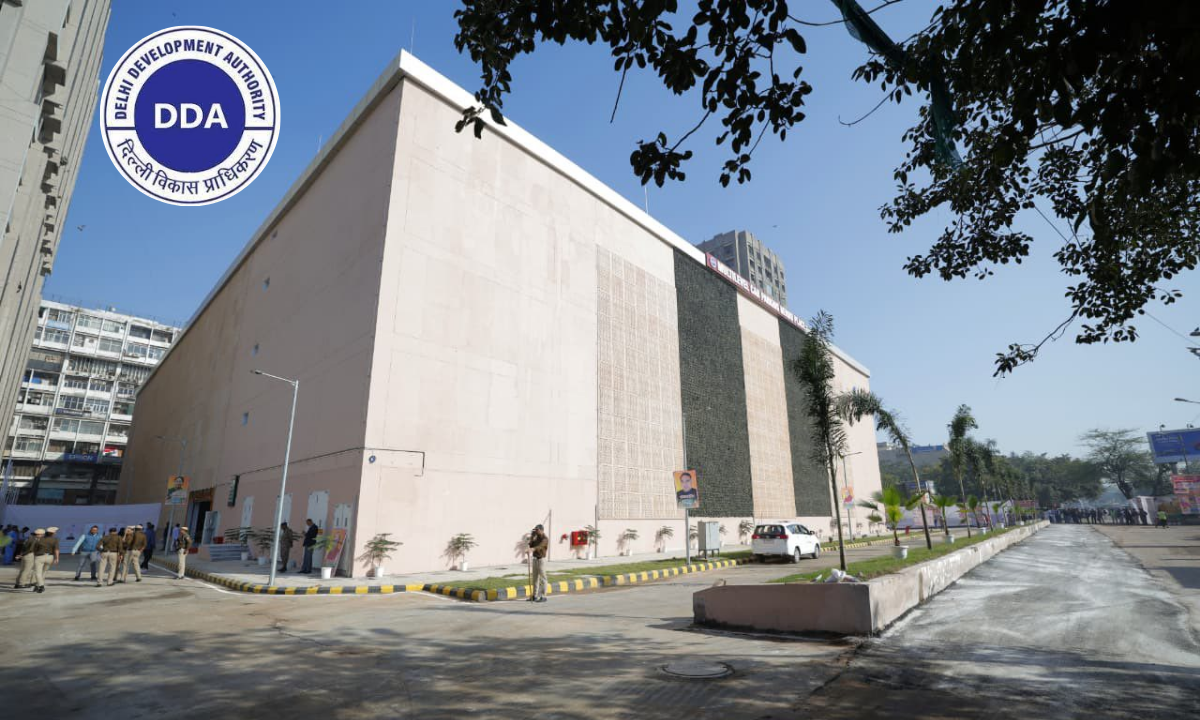
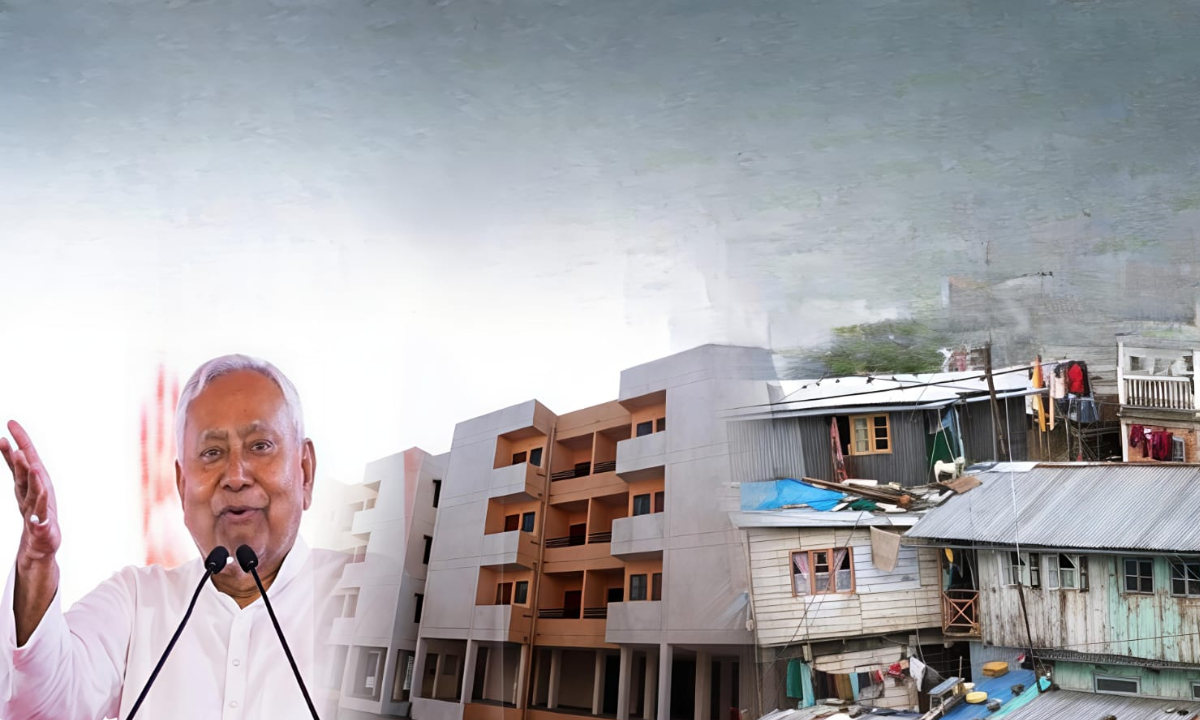
.png)